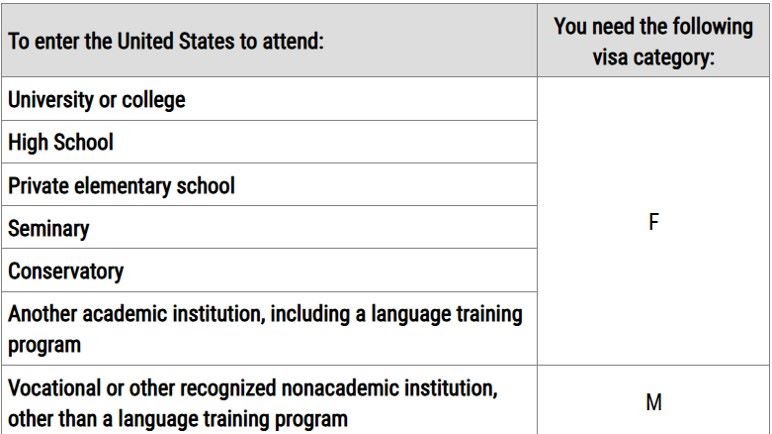Sudden F1 Visa Revocations Spark Panic Among International Students
Hundreds of international students across the United States have been left shocked and anxious after receiving sudden notifications from the US Department of State informing them that their F1 student visas had been revoked. The emails, which instruct students to self-deport, have led to widespread confusion and concern across university campuses.
This latest enforcement wave under the Trump administration reportedly stems from increased scrutiny of student involvement in campus activism. Notably, visa revocations have not been limited to those who participated in protests. Students who merely shared, liked, or commented on social media posts deemed “anti-national” have also found themselves under the lens.
Among those affected are Indian students, a demographic that represents the second-largest international student group in the US. According to the Open Doors report, more than 330,000 Indian students are currently enrolled in American institutions.
What Is an F1 Visa?
The F1 visa allows international students to study full-time at accredited academic institutions in the United States. Applicants must be enrolled in a recognized program, demonstrate English language proficiency, and show proof of sufficient financial support. These non-immigrant visas are typically issued for the duration of the academic program and require compliance with all terms set by US immigration laws.
Policy Shift and Enforcement
The recent crackdown follows public comments from US Secretary of State Marco Rubio, who confirmed that several student visas had been revoked due to activities considered contrary to US national interests. Rubio maintained that the US has every right to control who is allowed to enter and stay in the country.
Rubio also referred to an AI-based tool called “Catch and Revoke,” developed to identify foreign nationals engaged in or expressing support for groups the US classifies as terrorist organizations, such as Hamas. The app reportedly flags digital activity across platforms, raising broader questions about digital privacy and freedom of speech for non-citizens.
Emails Trigger Alarm
Students report receiving detailed notices stating their visas were canceled under Section 221(i) of the US Immigration and Nationality Act. The message warns of legal consequences for overstaying and instructs them to use a government app to coordinate their departure. In some cases, students were informed they might be sent to countries other than their home nations.
Further, the email clarified that a revoked visa cannot be used for future travel and advised students to present themselves to a US embassy or consulate if they intended to return in the future.
Legal and Emotional Fallout
The revocations have triggered not only fear but also legal confusion. Immigration attorneys have confirmed that students with no criminal history or disciplinary violations have found themselves caught in the sweep. In one widely circulated Reddit post, a student expressed disbelief that a few political memes could lead to such serious consequences.
Columbia University, among others, has seen rising protests from student bodies and faculty. The Student Workers of Columbia have called the action an overreach, demanding the reinstatement of academic protections and immigration stability.
Immigration advisor Soundarya Balasubramani has urged students to avoid unnecessary travel, document their academic and visa statuses thoroughly, and consult legal counsel if uncertain about their standing.
A Broader Debate
The visa crackdown has revived debates around the intersection of immigration policy and free speech in the United States. While the administration insists on national security, students and rights advocates argue that the policy undermines the foundational American principle of freedom of expression—especially when directed at individuals legally studying in the country.
As fears grow across campuses, the episode has also highlighted the increasingly digital nature of immigration enforcement—where a like, a retweet, or a meme may now carry real-world consequences.
Also see:
Trump Announces “Reciprocal Tariff” Plan, Targets India and Other Nations
Tesla Signs Mumbai Showroom Lease, Marks Entry into Indian Market
EU Unveils €800 Billion Plan to Strengthen Defence
—————————————————————
It would mean the world to us if you follow us on Twitter, Instagram and Facebook




